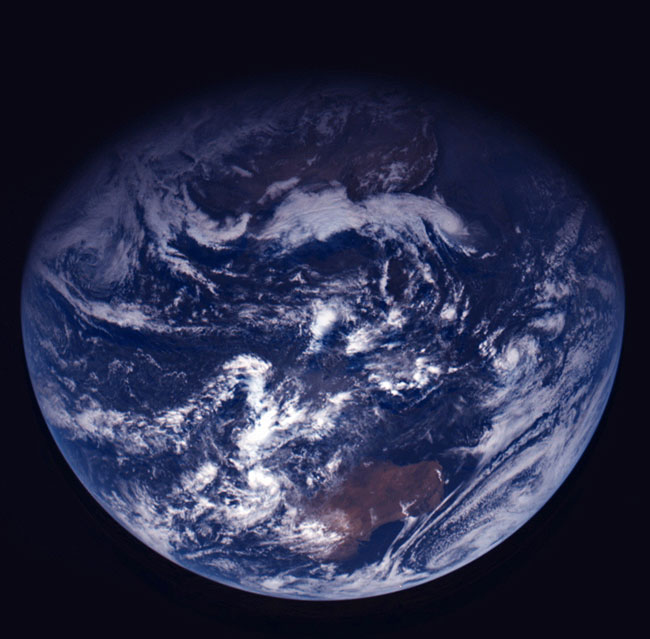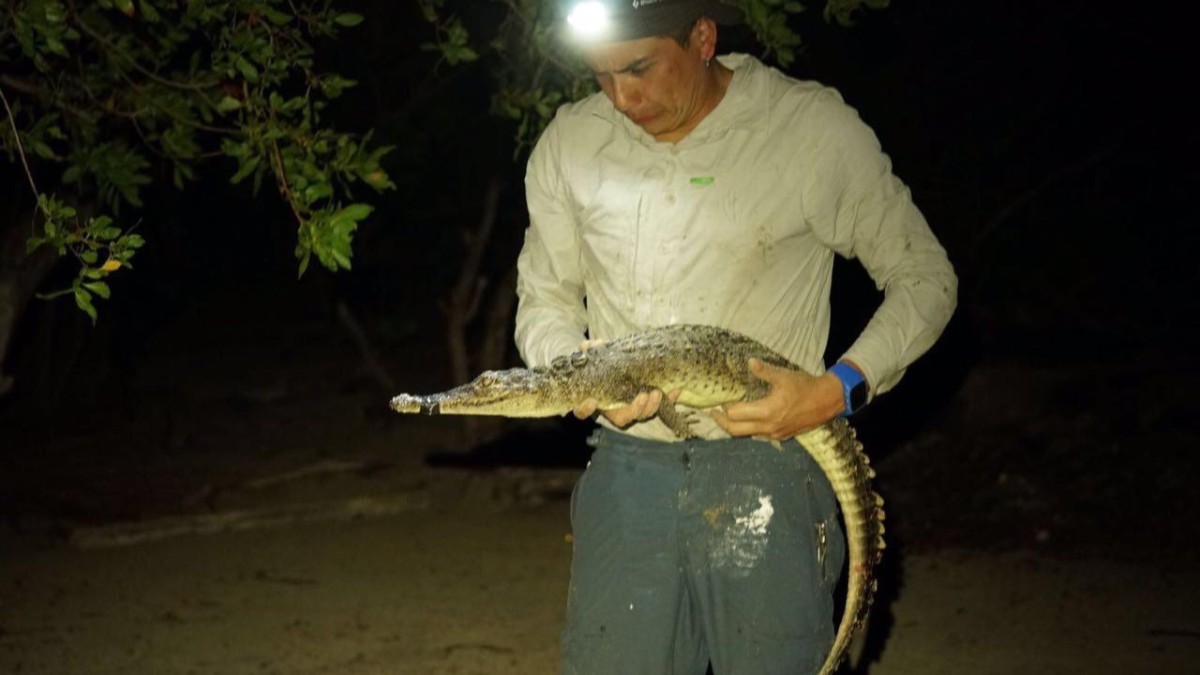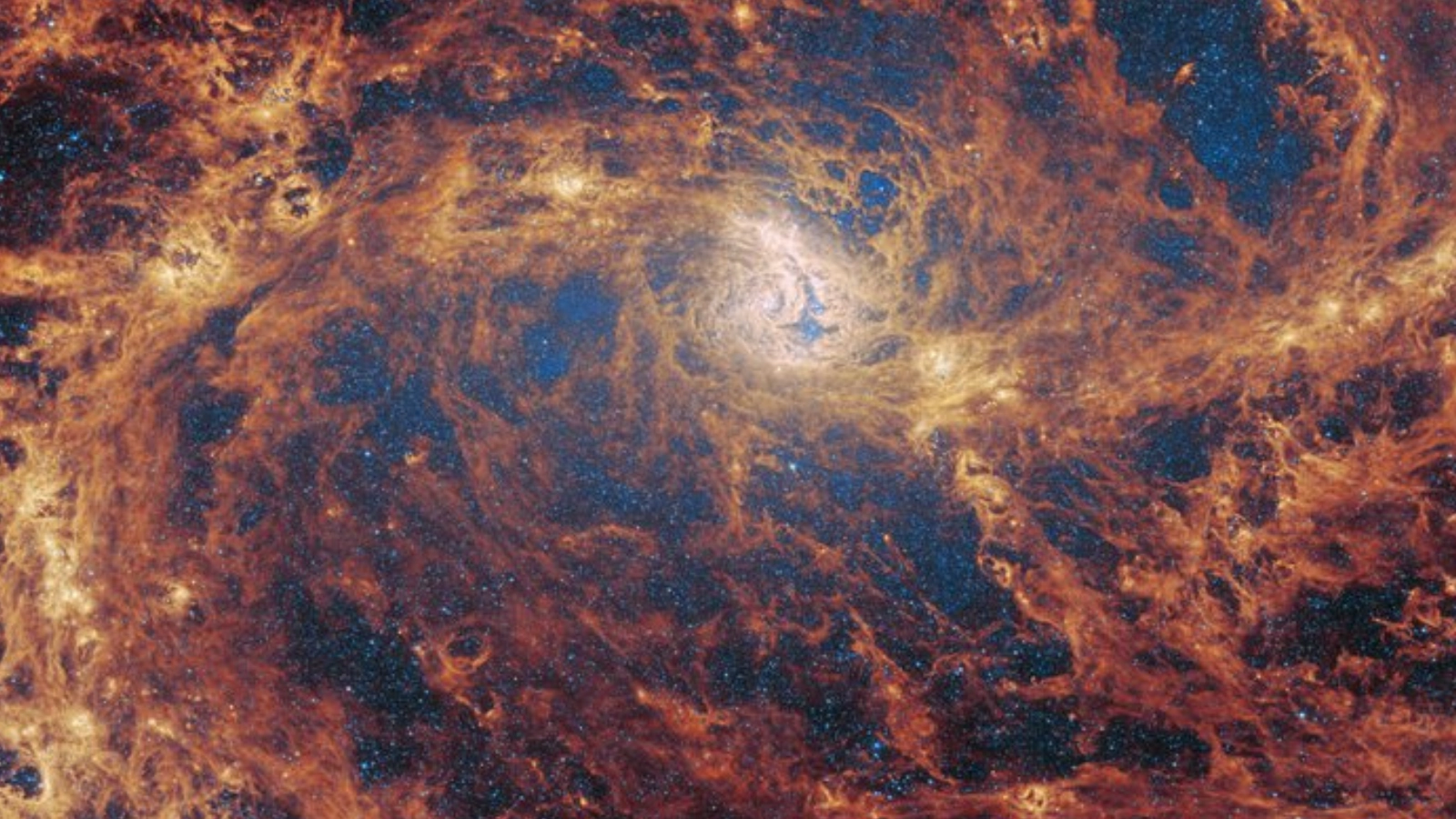2007: How Science Came Full Circle

Filling up your car's fuel tank couldn't possibly have anything to do with artificial organisms, food shortages or the latest superbug scourge. Or could it?
As the late inventor of the polio vaccine, Jonas Salk, aptly noted, "The most fundamental phenomenon in the universe is relationship."
Like a scientific version of the popular game "Six Degrees of Kevin Bacon," here we stroll through some of the top science stories of 2007, full circle.
Meltdown manifesto
The year began with a bang—the sound of a 1,500-page report hitting the desks of government officials around the world, that is.
The Intergovernmental Panel on Climate Change (IPCC) issued the updated manifesto, which details the dangers of global warming resulting from humanity's carbon dioxide-producing love affair with fossil fuels. Because rising seas, changing weather patterns and worsening natural disasters don't comfort the people of planet Earth, they are …
Going green
Sign up for the Live Science daily newsletter now
Get the world’s most fascinating discoveries delivered straight to your inbox.
From energy-efficient light bulbs to hybrid cars—the sales of which are soaring in the United States—people seem to be buying into new ways of reducing their environmental impact. Surveys suggest, however, that Europeans are more likely to take the green plunge than Americans.
While consumers scan for enviro-friendly products and services, scientists occupy the frontlines of developing the latest green technologies. One of the most popular so-called green technologies, however, has turned into a …
Biofuel bummer
Fuels derived from biological sources, called biofuels, have enjoyed a 20-fold industry growth in the past decade. Truth is, many only create an environmental stalemate or, paradoxically, cause more planetary damage than filling up on plain old fossil fuel.
Ethanol "E85" fuel derived from corn, for example, trades increased ecological damage caused by fertilizer runoff for reduced greenhouse gas emissions (although even that claim is a matter of contention). Other experts contend that biofuels cut into food supplies and exacerbate world hunger.
To feed energy-hungry societies while trimming environmental impacts, some scientists are looking to create their own …
Designer organisms
J. Craig Venter and his colleagues—in both academia and industry—are trying to design artificial organisms in hopes of dodging the environmental minefield of fuel production.
One of Venter's big dreams is to engineer microscopic critters able to efficiently turn plants into fuel without the ecological impacts. This year, Venter came one step closer to success by transplanting a basic microbe's genetic instructions into a more complex microbe's body.
In addition to working toward green fuel production, designer microbes might also help in the development and production of medicine. Venter also envisions designing custom viruses to fight with fire with fire against …
Superbug invasions
As if protesting their control by humans, more disease-causing microbes around the planet are resisting antibiotic drugs—and are transforming into deadly "superbugs."
In the United States, a report showed that sometimes-deadly infections by methicillin-resistant Staphylococcus aureus (MRSA) bacteria are on the rise. Several small outbreaks also frightened several communities this year, when the bug attacked not only weakened hospital patients, but seemingly healthy school kids.
But where are these dangerous diseases coming from? Evolution is powering the process, and experts think the increase in superbugs has as much to do with careless antibiotic use as it does with the planet's …
Booming population
By the year's end, the world population will top 6.6 billon—that's 100 million new bodies since last year.
As more people cram into a fixed space, scientists expect worsening disease outbreaks, more polluted natural resources, increased water shortages and animal extinctions.
Perhaps the most unsettling consequence, however, will be unchecked population growth's feeding of …
Climate change
In spite of science's best efforts to develop radical new technologies to fight climate change, more people on the planet translates to more greenhouse gas sources to control.
Many scientists think it's too late to take action to get back to where we started, but others have some shred of hope.
Meanwhile, non-experts have put money down on climate change's surprising consequences. Whatever the true odds of a planetary nightmare might be, only time—and more scientific research—will tell.
- The Craziest Science Stories of 2007
- The Most Amazing Space Discoveries of 2007
- Planet Earth 2007: Top 10 Science Revelations










